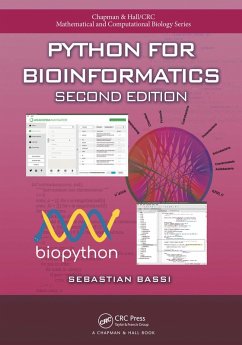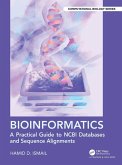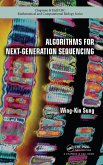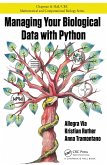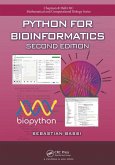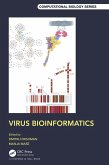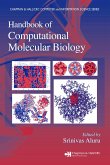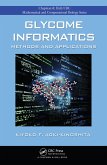Python for Bioinformatics, Second Edition helps biologists get to grips with the basics of software development. The book focuses on the easy-to-use, yet powerful, Python 3 computer language and explores NoSQL databases, the Anaconda Python distribution, graphical libraries like Bokeh, and the use of Github for collaborative development.
Dieser Download kann aus rechtlichen Gründen nur mit Rechnungsadresse in A, B, BG, CY, CZ, D, DK, EW, E, FIN, F, GR, HR, H, IRL, I, LT, L, LR, M, NL, PL, P, R, S, SLO, SK ausgeliefert werden.
Hinweis: Dieser Artikel kann nur an eine deutsche Lieferadresse ausgeliefert werden.

